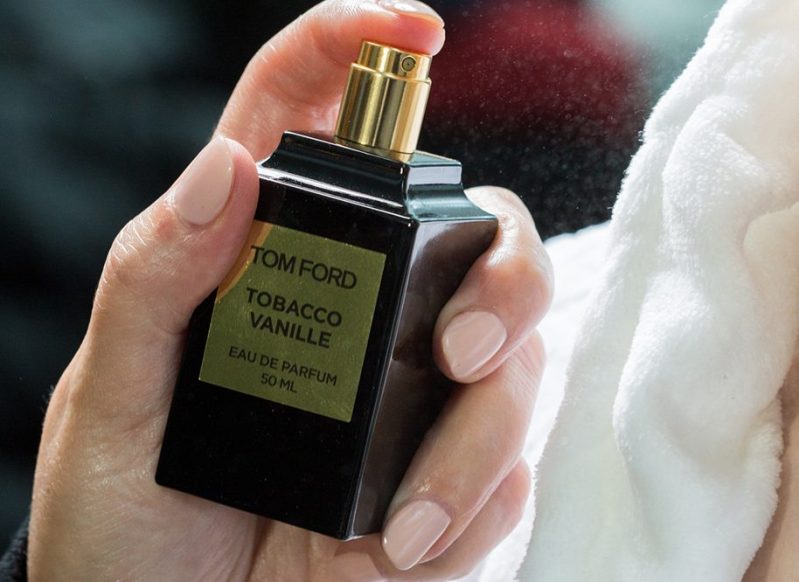
Spring is the perfect time to start experimenting with cologne. If you are still on the hunt for your signature scent or want to try out a new brand, we have a sale that you are going to want to learn more about. Right now at Gilt, you can get heavy discounts on cologne from popular brands such as Tom Ford, Hugo Boss, Dior, Versace, Creed, Coach, Burberry and many more.
If you need a little more advice on what to select, here an expert reveals how to pick the right fragrance for you. You can shop colognes for as low as $20 during this sale so make sure to take advantage. Click the button below to start adding a few of these luxury fragrances to your cart before time runs out.
What you should buy during the designer cologne sale
If you are an avid cologne wearer, you know that Tom Ford is one of the most popular brands for men out there. Shop the brand’s 1.7oz Bitter Peach EDP for $350, the 1.7oz Fabulous EDP for $360, or the 1.7o Ombre Leather EDP for $140. If you still are on the fence about what to buy, there is a complete guide to Tom Ford colognes that will help you make your decision. Burberry is also a standout brand during this sale where you can shop the “Touch” 3.3oz Eau de Toilette Spray for $46, the London 3.3oz Eau de Toilette Spray for $55 or the Classic for Men 3.3oz Eau de Toilette Spray for $46.
Let’s not forget about Creed, a brand that every man should know about. Shop the Original Santal 1.7oz Eau de Parfum Spray for $210, the 3.3oz Aventus Cologne for $350, the 3.3oz Silver Mountain Water Fragrance for $320, the Green Irish Tweed 1.7oz Eau de Parfum Spray for $220 and the 3.3oz Milliesime Imperial Cologne for $350.
Now is the perfect time to upgrade your current fragrance or discover new scents. Head over to Gilt to grab luxury and designer colognes for as low as $20 just in time for summer. Who knows, with a deal this great, you might just buy more than one bottle.



